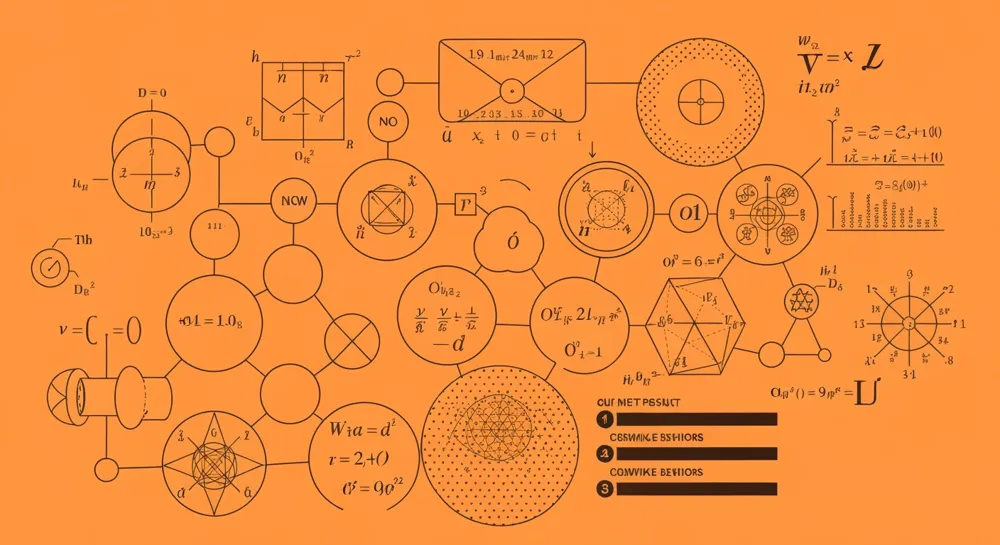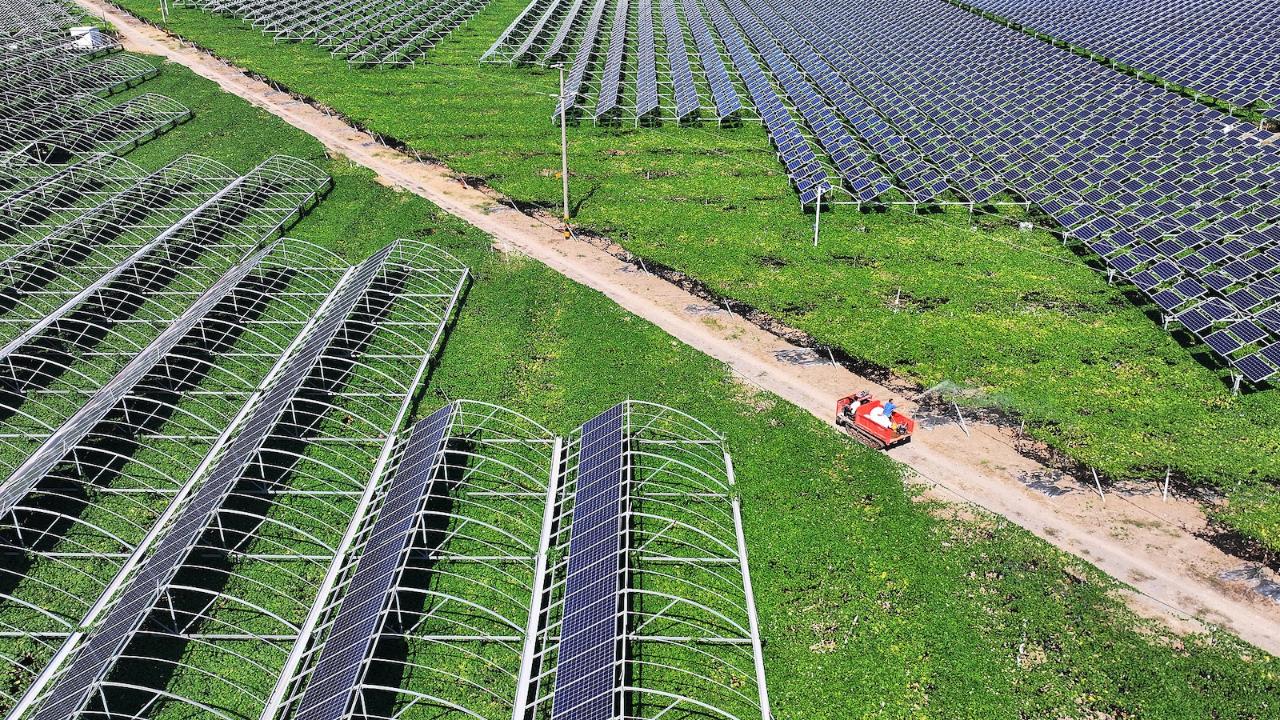Elon Musk: The Best GPU?

In the rapidly evolving landscape of AI technology, the intersection of hardware and innovative thinking is more critical than ever. The recent remarks by NVIDIA's CEO, Jensen Huang, about Elon Musk's cognitive abilities and their parallels to advanced computing hardware offer a profound reflection on how leadership in the tech industry is increasingly defined by cross-disciplinary expertise. By likening Musk’s brain to the “ultimate GPU,” Huang not only underscores Musk’s multifaceted approach to problem-solving but also signifies the value of integrating ideas across various fields.
Musk's engagement with NVIDIA GPUs in developing the colossal gigawatt-level AI training cluster, "Colossus II," epitomizes this trend. The initiative represents an ambitious leap toward harnessing AI capabilities on an unprecedented scale, potentially impacting industries ranging from robotics to autonomous vehicles. Huang's characterization of Musk's mind as functioning akin to a large GPT or supercomputer reveals a layer of complexity: it’s not just about processing data, but also about how dynamic thought can drive innovation. This brings to light a critical observation—our capacity to innovate hinges on both our technological tools and our leaders' visionary thinking.
The fascination with Huang's assertion reflects a broader trend in technology where cognitive capabilities are increasingly being compared to computational power. The demand for NVIDIA's chips in the AI race underlines the symbiotic relationship between hardware and brainpower, especially as Musk's companies, including xAI, anticipate heavy investment in these critical resources. The evolution of AI infrastructure necessitates not only significant technological investment—like the $100 billion NVIDIA proposed for OpenAI’s data centers—but also a pioneering spirit embodied by leaders like Musk who push beyond conventional limits.
Ultimately, Huang's claim serves as a metaphor encouraging us to rethink how we view the synergy between human intelligence and artificial systems. It raises an intriguing question: as our technologies grow more complex, how will we cultivate similar cognitive prowess within future leaders in technology?
Read These Next

Streetlight Charging: Revolutionizing EVs
A Pennsylvania State University research team has successfully converted streetlights into electric vehicle charging stations, providing a cheaper and more effective alternative to traditional installations while considering urban equity.

AI Surge in Venture Capital: A Game Changer
Analysis of the recent PitchBook report indicating a historic investment surge in AI startups within the venture capital sector, exceeding half of total funding.

China Aims to Accelerate Green Transition in All Sectors
China plans to speed up its green economy transition with investments in technology and eco-friendly practices to combat pollution.
